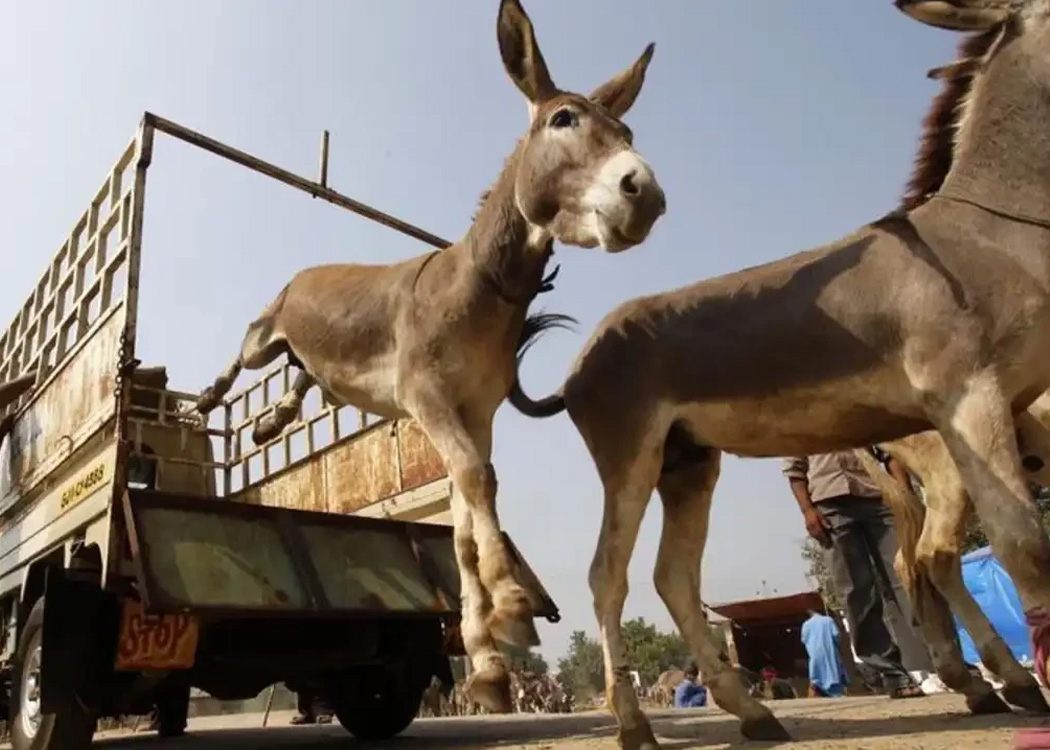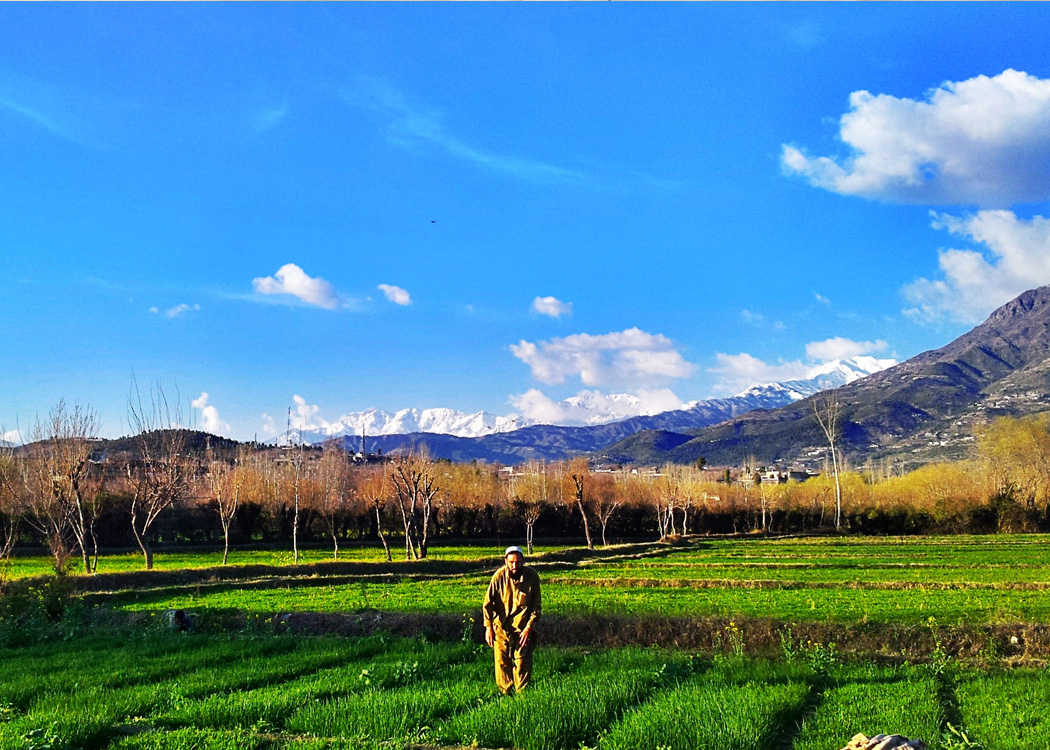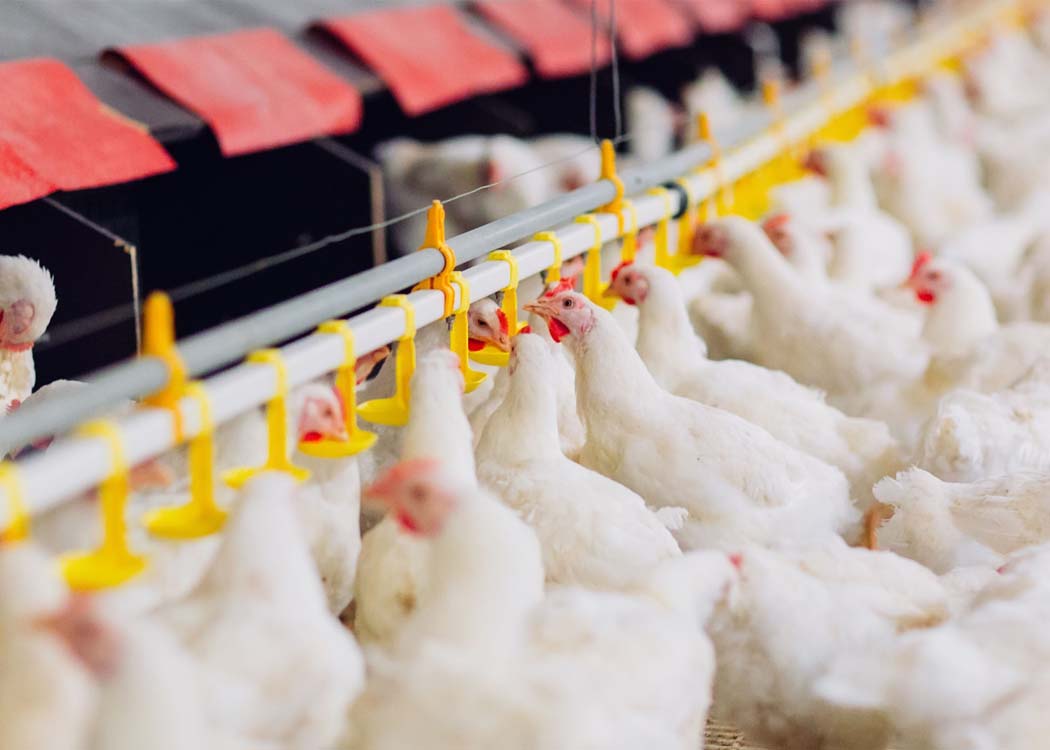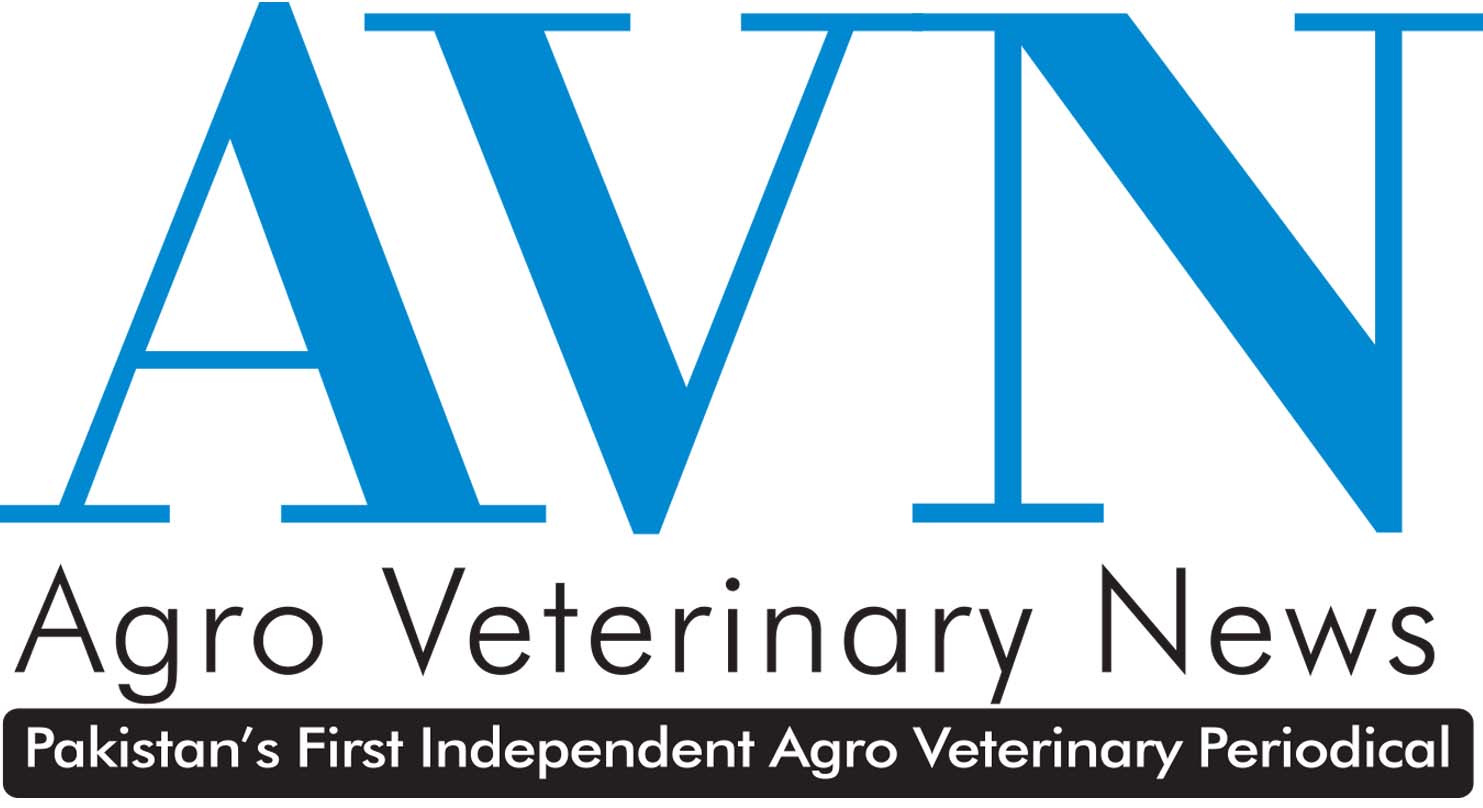ISLAMABAD: Pakistan is strengthening its agriculture sector through new collaborations with China, including the export of donkey meat and hides, advanced farm mechanization, seed importation, and supply chain investment, according to the Ministry of National Food Security and Research (MNFSR).
The update came in a report presented to the National Assembly in response to a query from Shazia Marri.
Donkey meat and hides export to China
The ministry confirmed that Pakistan is in talks with China to launch exports of donkey meat and hides — a move expected to open up a niche export market and bring additional revenue for the country’s struggling livestock sector.
Training of agricultural graduates
As part of knowledge exchange, 1,000 federal agriculture graduates will be sent to China for training in seven priority areas of modern agricultural technologies. This initiative aims to bridge the technology gap and strengthen Pakistan’s human resource capacity in agriculture.
Modernization through mechanization and seed imports
The MNFSR emphasized farm mechanization as a cornerstone of modernization. Advanced farm machinery sourced from China has already been distributed to provincial governments, while a large-scale mechanization project is awaiting approval.
To revitalize Pakistan’s declining cotton industry, the government is amending the Plant Quarantine Rules 2019 and Seed Business Rules 1987 to allow the import of hybrid cotton seeds.
Boosting farmers’ credit access and storage
To support wheat growers, the ministry introduced the Electronic Warehouse Receipt (EWR) system in consultation with provinces. This initiative provides farmers with improved storage facilities and instant credit of up to 70% of their crop’s market value.
Meanwhile, exports of dried chilies and sesame to China have recorded a notable increase, reflecting growing demand for Pakistani agri-commodities in the Chinese market.
Deregulation and investment in the agri-supply chain
The federal government is also working to attract both local and foreign investment by introducing a deregulation regime for agri-commodities. Officials say the move will make Pakistan’s agricultural sector more competitive at the global level.
Enhancing crop yields and climate resilience
To tackle stagnating productivity in major crops such as wheat, cotton, rice, oilseeds, and corn, the government has revamped the Variety Evaluation Committee (VEC). The new system ensures transparency and scientific rigor when approving high-yielding, climate-resilient varieties.
In addition, the National Seed Development & Regulatory Authority (NSDRA) has launched a digital Management Information System (MIS) to automate seed company registration, nursery registration, variety approvals, and certification processes — reducing delays and increasing transparency.
Importing stress-tolerant crops and strengthening food safety
The MNFSR is also importing and trialing international wheat germplasm to develop stress-tolerant, high-performing crop varieties.
To improve agri-food exports, the government is establishing the National Agri-Trade & Food Safety Authority (NAFSA), which will streamline standards and ensure compliance with international markets.
Outlook
With initiatives ranging from donkey meat exports to China to advanced seed and storage reforms, Pakistan is positioning itself to enhance food security, increase exports, and modernize its agriculture sector. Officials believe these reforms will not only boost farmer incomes but also make the country’s agricultural products more competitive worldwide.






